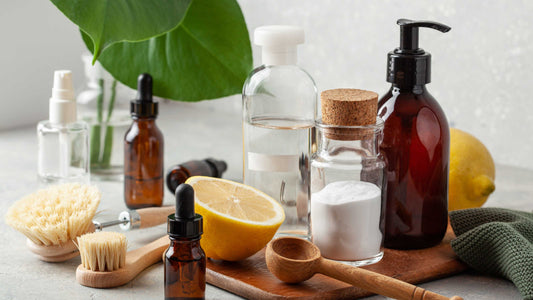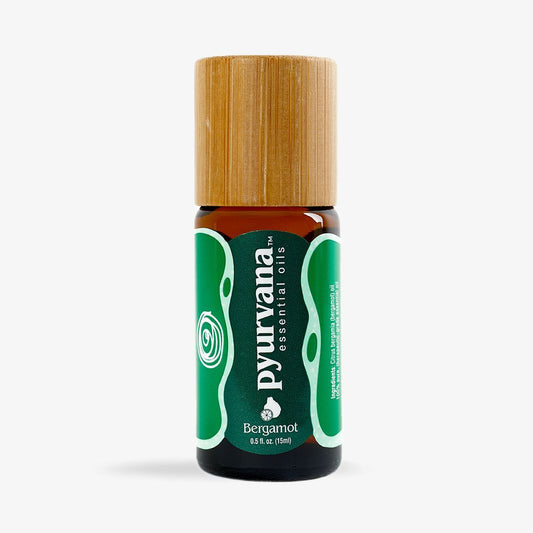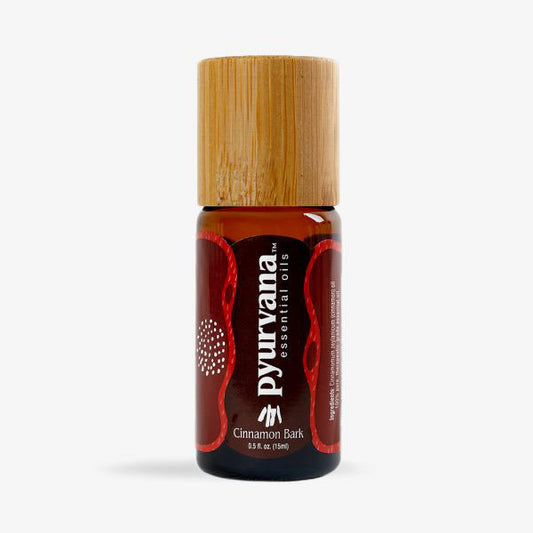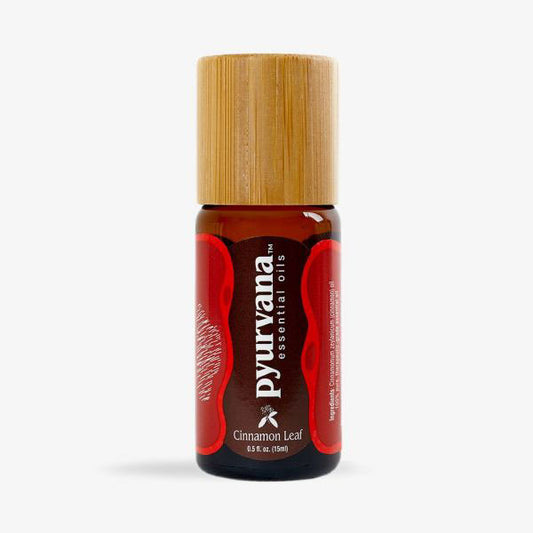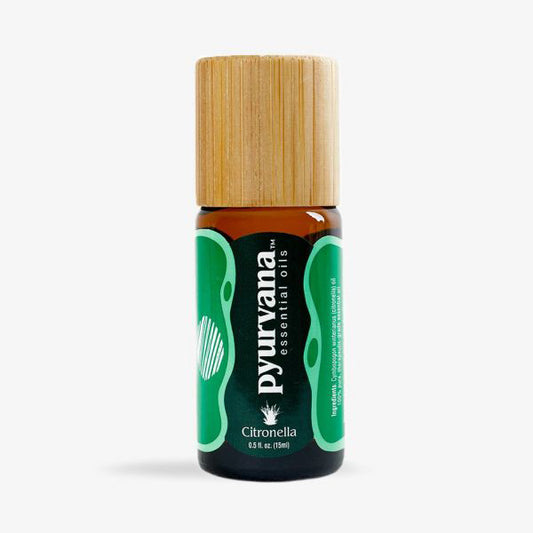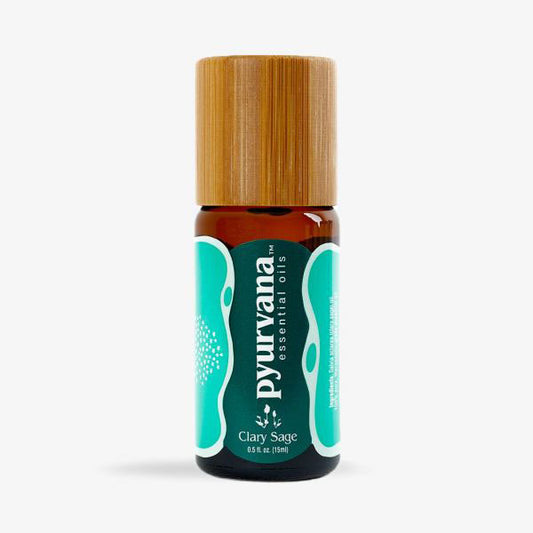Essential oils have become a popular product for adults, but what about for babies? While some companies promote the use of essential oils for infants, it's important to understand the potential risks and to consult with a medical professional before using them.
Risks Of Using Essential Oils For Babies
First and foremost, it's important to note that essential oils are highly concentrated plant extracts and can be toxic if not used properly. Babies have underdeveloped systems, making them more vulnerable to the potential risks associated with essential oils. In fact, the American Academy of Pediatrics advises against the use of essential oils on infants, as they can be easily inhaled or absorbed through the skin, potentially leading to respiratory issues, skin irritation, and even seizures.
Inability To Communicate
Many people assume that if a method of using essential oils is safe for adults, it is also safe for infants. However, it’s important to keep in mind that in order to use oils safely, adults need to monitor their reactions to the oils and consult their physician if they notice an adverse reaction. While some reactions (such as a rash) would be noticeable to others, others (such as a headache) rely on the essential oil user’s own observation. Even if you enjoy using essential oils topically for yourself, it’s not recommended to use them on your child if they are too young to tell you about any issues they experience.
Inhalation and Absorption Concerns
One of the main concerns with using essential oils on babies is the risk of inhalation or absorption through the skin. According to the American Academy of Pediatrics, essential oils can cause respiratory issues, skin irritation, and even seizures in infants. For example, eucalyptus oil, which is commonly used to relieve cold and flu symptoms, can cause breathing difficulties when inhaled by infants. Similarly, peppermint oil, which is often used to alleviate digestive issues, can cause skin irritation and is not recommended for use on babies.
Medical Claims About Essential Oils
Another concern is that many companies promote the use of essential oils as a cure-all for various ailments in infants, including colic, teething pain, and even serious conditions such as autism and cancer. However, there is no scientific evidence to support these claims, and using essential oils as a substitute for medical treatment can be dangerous for babies. It is important to remember that essential oils are not regulated by the FDA, so companies are not held to the same standards as pharmaceutical products.
Internal Use Of Essential Oils
It's also important to note that essential oils should never be used internally. This is dangerous for individuals of any age, but it is even more hazardous for infants. Essential oils are highly concentrated and can cause serious health problems when ingested.
Safe Essential Oil Use
While essential oils can be beneficial when used appropriately, they should never be used as a substitute for medical treatment or used topically on children who are too young to communicate if they experience an adverse reaction. If you're considering using essential oils where your child could be exposed to them (for example, diffusing in your home), it's crucial to consult with a pediatrician or other medical professional first to ensure the safety and proper use of the oils. Additionally, it is important to use only high-quality, pure essential oils, free of any synthetic ingredients or fillers.
For more information and tips about safe essential oil use, browse our blog.




